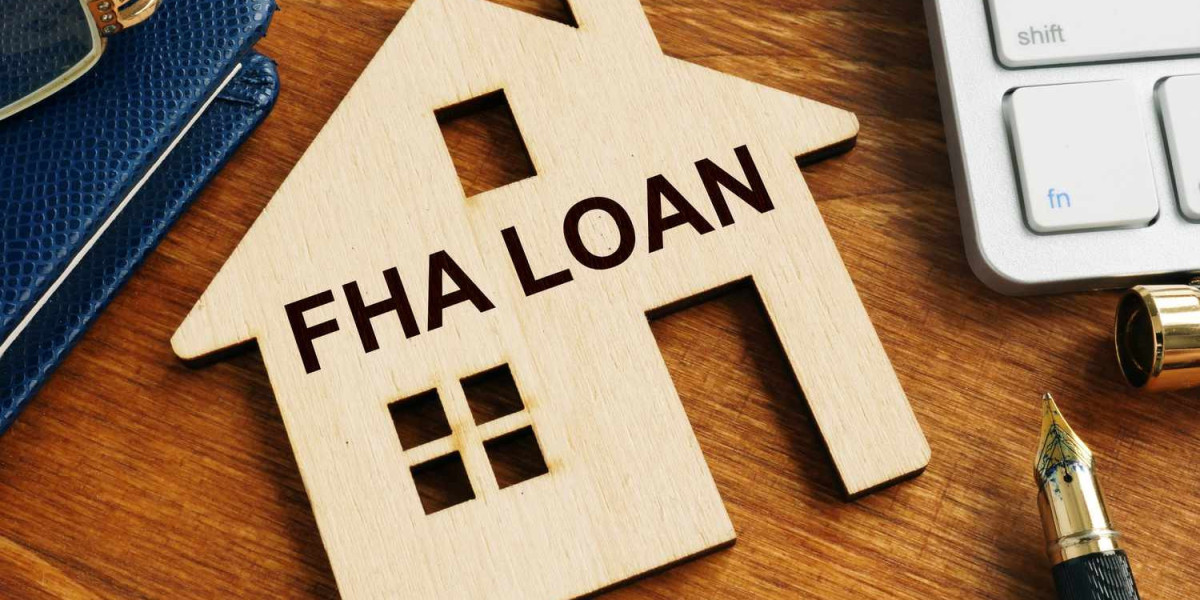Purchasing a home is a dream for many, but saving for a down payment can be a major hurdle. Fortunately, Rhode Island down payment assistance programs are here to help first-time homebuyers and others achieve their homeownership goals. These programs provide financial aid to cover the initial costs, making homeownership more affordable and attainable.
This blog will guide you through the essential tips for applying for Rhode Island down payment assistance, how to qualify, and what to expect. With the right knowledge, you'll be one step closer to owning your dream home.
What Is Rhode Island Down Payment Assistance?
Down payment assistance (DPA) programs provide financial help to homebuyers who may not have enough savings to cover the initial costs of buying a house. In Rhode Island, these programs aim to reduce financial barriers and make homeownership more accessible for low- to moderate-income families.
Why Consider DPA?
Reduces upfront costs, making homeownership affordable.
Offers grants, loans, or deferred payments for eligible buyers.
Encourages long-term stability through homeownership.
1. Understand Your Options for RI Down Payment Assistance
Grants vs. Loans
DPA programs in Rhode Island may offer grants that don’t need to be repaid or loans with favorable terms. Understanding the difference can help you choose the best option:
Grants: Free money for your down payment.
Loans: Low-interest or deferred-payment options.
Programs to Explore
Some popular rhode island down payment assistance programs include:
RIHousing’s First Down Program: Provides $17,500 in assistance for first-time buyers.
Employer-Assisted Housing Programs: Some employers partner with local organizations to offer DPA benefits.
2. Qualify for Rhode Island Mortgage Assistance
Know the Requirements
To qualify for rhode island mortgage assistance, you need to meet certain eligibility criteria:
Be a first-time homebuyer or meet specific program guidelines.
Have a steady income within the required limits.
Plan to purchase a home in Rhode Island.
Improve Your Credit Score
Lenders often require a minimum credit score for approval. Take these steps to boost your score:
Pay bills on time.
Reduce outstanding debts.
Check your credit report for errors.
3. Preparing to Apply for Down Payment Assistance in RI
Gather Necessary Documents
Before applying, ensure you have all required documents ready:
Proof of income (pay stubs, tax returns).
Bank statements.
Identification and proof of residency.
Save for Other Costs
While DPA covers your down payment, you may still need funds for:
Closing costs.
Home inspections.
Moving expenses.
4. Tips for a Successful Application
1. Research and Compare Programs
Not all programs are the same. Research the different ri down payment assistance options to find the one that best fits your needs.
2. Work with a Knowledgeable Lender
Choosing a lender familiar with DPA programs can streamline the process. They’ll guide you through eligibility and help with the paperwork.
3. Take a Homebuyer Education Course
Many assistance programs require you to complete a homebuyer education course. These courses help you understand the buying process, financial planning, and maintaining your new home.
5. Benefits of Rhode Island Mortgage Help
Applying for rhode island mortgage help offers several advantages:
Easier Homeownership: Reduces the upfront cost barrier.
Financial Stability: Helps keep savings intact for emergencies.
Equity Building: Starts your journey to building wealth through homeownership.
6. Mistakes to Avoid When Applying
1. Ignoring Eligibility Requirements
Not meeting basic requirements like income limits or location restrictions can result in rejection.
2. Skipping the Fine Print
Some programs require you to stay in the home for a certain period. Failing to meet this condition may require repayment.
3. Delaying Your Application
DPA funds are limited and allocated on a first-come, first-served basis. Apply early to secure your spot.
7. Key Features of Down Payment Assistance RI Programs
Flexible Terms
down payment assistance ri has many programs offering zero-interest or forgivable loans, making repayment manageable.
Accessibility
These programs cater to a wide range of buyers, including those with limited credit history or savings.
Location-Based Benefits
Some assistance programs are specific to areas in Rhode Island, encouraging development in targeted neighborhoods.
How to Maximize Your Benefits
To make the most of Rhode Island down payment assistance:
Plan Early: Start saving and gathering documents well before house hunting.
Understand Long-Term Costs: Know how repayment terms will affect your finances.
Consult Experts: Speak with a financial advisor or housing counselor.
Bouk Mortgage: Your Partner in Homeownership
At Bouk Mortgage, we simplify the journey to owning your dream home. Whether you’re exploring Rhode Island down payment assistance or need guidance on other financial programs, we’re here to help.
Expert Advice: Our team specializes in DPA programs, ensuring you find the perfect fit.
Seamless Process: We handle the paperwork, so you don’t have to worry.
Affordable Solutions: We connect you with the best rates and options.
Take the first step toward your new home. Contact Bouk Mortgage today!
Conclusion
Buying a home is one of life’s biggest milestones, and Rhode Island down payment assistance programs can make it easier to achieve. By understanding the available options, meeting the requirements, and preparing your application, you can secure the support you need.
Remember to research programs thoroughly, work with experienced lenders, and avoid common mistakes. With the right tools and assistance, you’ll soon be opening the door to your new home in Rhode Island.
FAQs
1. What is the income limit for Rhode Island down payment assistance programs?
Income limits vary by program, but many cater to low- to moderate-income families. Check specific program guidelines for details.
2. Can I apply for down payment assistance if I have poor credit?
Yes, some programs accommodate buyers with less-than-perfect credit. However, improving your credit score can increase your chances of approval.
3. Are there any fees for applying for down payment assistance?
Most programs do not charge fees to apply, but some may require a homebuyer education course, which may have a small cost.








